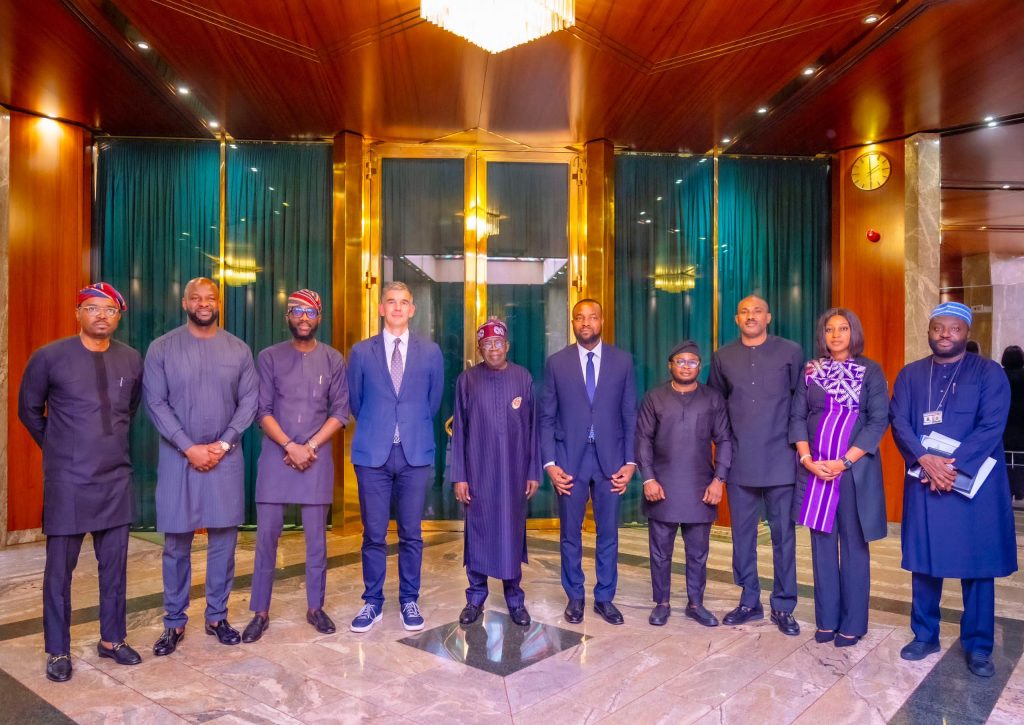The Federal Ministry of Communications, Innovation & Digital Economy (FMCIDE) has announced a major partnership with Google to boost AI talent in Nigeria. Through a N2.8 billion grant from Google.org to Data Science Nigeria, the initiative will support FMCIDE’s ongoing efforts to develop AI skills for under- and unemployed Nigerians, with a focus on education and career readiness. This funding is part of Google.org’s larger $5.8 million commitment to advance digital skills across Sub-Saharan Africa.

Dr. ‘Bosun Tijani, Honourable Minister of Communications, Innovation & Digital Economy, highlighted the significance of this partnership, stating, “This collaboration positions Nigeria as a leader in AI innovation. Google’s support is pivotal in equipping Nigerians with the skills they need to succeed in the global digital economy, fostering an inclusive future for all.”
The N2.8 billion grant will support several key programs:
- DeepTech Ready Upskilling: Providing 20,000 young Nigerians with advanced AI skills.
- Experience AI Program: Equipping 25,000 educators to teach 125,000 youth about AI.
- Government AI Campus Program: Training public servants on responsible AI policymaking.
Earlier this year, the Ministry released the National AI Intelligence Strategy, emphasizing the role of AI in economic growth, governance, and societal well-being.
Additionally, the Ministry and Google have announced 10 startups selected for the AI Fund, each receiving ₦100 million and up to $3.5 million in Google Cloud Credits to scale their solutions in healthcare, agriculture, and other critical sectors. Startups like BetaLife Health and Farmspeak are leveraging AI to tackle blood supply and livestock challenges, among other innovations.

Matt Brittin, President of Google for Europe, the Middle East, and Africa, expressed Google’s dedication to Africa’s tech ecosystem: ““Across Africa, entrepreneurs are harnessing the power of technology, including AI, to address large-scale societal challenges. Google remains committed to supporting these innovators, helping them expand their impact across the continent and beyond. Our work in Africa has always been about unlocking the digital economy’s benefits for more people, and this collaboration continues that mission.”
The 10 startups selected for the AI Fund are:
- BetaLife Health: Leverages AI to predict demand and match blood types for Africa’s blood supply needs.
- Bunce: AI-driven platform that centralises and personalizes customer engagement for businesses
- CDIAL AI: Enables seamless text-to-speech and speech-to-text AI functionality in 13 languages across underserved regions.
- Farmspeak: Leverages AI to support livestock farmers with disease detection and climate control.
- Lendsqr: Streamlines lending operations using AI, empowering global lenders and borrowers.
- ProDevs: Connects global companies with vetted African tech talent through AI-driven pre-classification and job matching.
- Rana Energy: AI-powered energy management optimising sustainable power for underserved users.
- SaaSPro Health: AI-driven healthcare documentation with tailored tools for Nigerian doctors.
- Towntalk: Leverages AI to provide contextual security insights for African communities, empowering informed decision making.
- Trade Lenda: Streamlines credit analysis for MSMEs using AI, facilitating access to financing.
According to a recent Public First report, AI could contribute up to $15 billion to Nigeria’s economy by 2030. With this initiative, FMCIDE and Google aim to cultivate a sustainable AI ecosystem to fuel economic and social progress throughout Nigeria.
This initiative aligns with a broader report highlighting the economic potential of AI in Nigeria. By equipping local entrepreneurs and innovators with the tools, resources, and training needed to leverage AI, this initiative seeks to harness that potential, further reinforcing why this collaboration is vital for Nigeria’s digital future.















